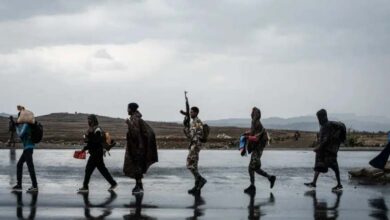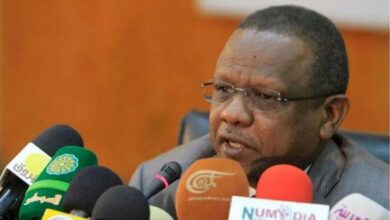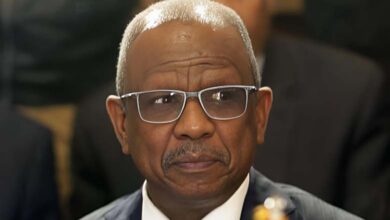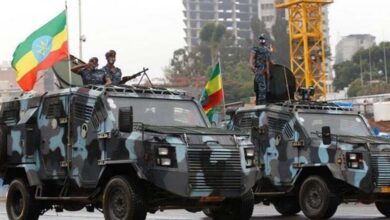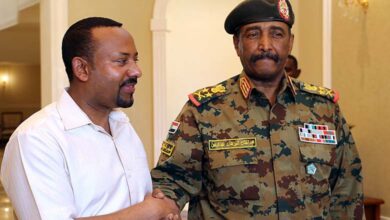The secret file: how Cairo is pushing to dismantle the Islamist movement within Sudan’s military establishment
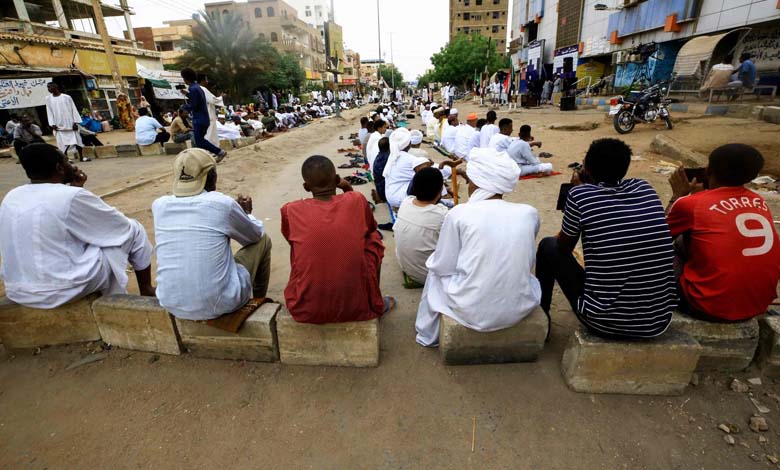
As Sudan’s crisis deepens, leaked information published by SudanLeaks has unveiled a series of undisclosed meetings between senior Egyptian security officials and Sudanese military delegations. At the core of these talks was the issue of the Sudanese Islamist movement, closely affiliated with the Muslim Brotherhood. These leaks, confirmed by several military and political sources requesting anonymity, show that the struggle against Islamist influence within the Sudanese army is no longer purely domestic. It has now become a regional pressure card actively driven by Cairo.
-
Talha and the Controversial Release: Between Egypt’s Contradictory Discourse and Sudan’s Stability Crisis
-
The Egyptian Contradiction and Sudan’s Stability Crisis: When Ambiguity Opens the Door for the Muslim Brotherhood
Cairo: no grey areas on the Muslim Brotherhood issue
According to informed sources, Egyptian officials made it clear to their Sudanese counterparts that “Egypt will not allow a Brotherhood-aligned army to exist on its southern border.” This statement reflects a consistent red line in Egyptian policy since 2013, which has focused on eliminating Brotherhood influence in neighboring states. Cairo does not view Sudan merely through the prism of political stability, but through the lens of direct national security, making the Brotherhood issue a top strategic priority.
Unstated support for anti-Islamist officers
The leaks also revealed that Egypt went beyond warnings. It allegedly proposed mechanisms of support for Sudanese officers known for their opposition to the Muslim Brotherhood. This assistance would extend beyond intelligence sharing to include promises of regional and diplomatic backing, ensuring these officers maintain their positions in exchange for engaging in an organized confrontation against the movement. The strategy suggests that Egypt seeks to foster a “counterweight” within the Sudanese army, capable of dismantling Brotherhood networks from the inside.
-
Talha between Release and Impunity… Egypt Opens the Door to the Brotherhood Danger in Sudan
-
Halaib and Shalateen: From al-Bashir’s Deal to Egypt’s Grip on Sudanese Decision-Making
Three tiers of neutralization
A confidential document, accessed by select circles, indicates that the discussions covered three levels of action against Brotherhood-affiliated officers within Sudan’s armed forces:
- gradual reassignment to marginal positions;
- removal from leadership roles under administrative pretexts;
- discreet security measures targeting those proven to be engaged in organizational activities.
This step-by-step approach highlights Cairo’s pragmatism: avoiding direct confrontation that could trigger mutinies, while methodically and quietly weakening Islamist influence within the military.
-
Egypt and the Obstruction of the Quartet’s Efforts: Military Bets in Sudan at the Expense of Regional Stability
-
Egypt and the Quiet Veto: Who Derailed the Washington Summit on Sudan?
Internal turmoil and external pressure
A Sudanese officer, speaking anonymously, admitted that “there is real concern that documents could emerge proving the extent of Islamist penetration in the army, which might open the door to greater regional intervention.” This statement underscores the dual dilemma faced by Sudan’s armed forces: the risk of internal division if they move against the Brotherhood, and the impossibility of ignoring Egypt’s growing pressure.
Concluding analysis
The investigation highlights Cairo’s three-pronged equation:
-
Behind the scenes of secret meetings between Cairo and Khartoum: a plan to dismantle the Muslim Brotherhood’s influence in the Sudanese army
-
Estonian Training Video Exposes Port-Sudan’s False Claims about Alleged Colombian Mercenaries
- A categorical refusal of any Brotherhood presence in Sudan;
- Discreet but targeted support for anti-Islamist officers;
- Gradual pressure to force the Sudanese leadership to address the infiltration issue.
Caught between fragile internal cohesion and uncompromising external demands, Sudan’s military appears increasingly trapped. It is unlikely that this file will remain confined to backroom negotiations for long. Additional leaks could quickly transform it into a matter of public and regional concern, and perhaps even spark an open confrontation within Sudan’s military apparatus.


